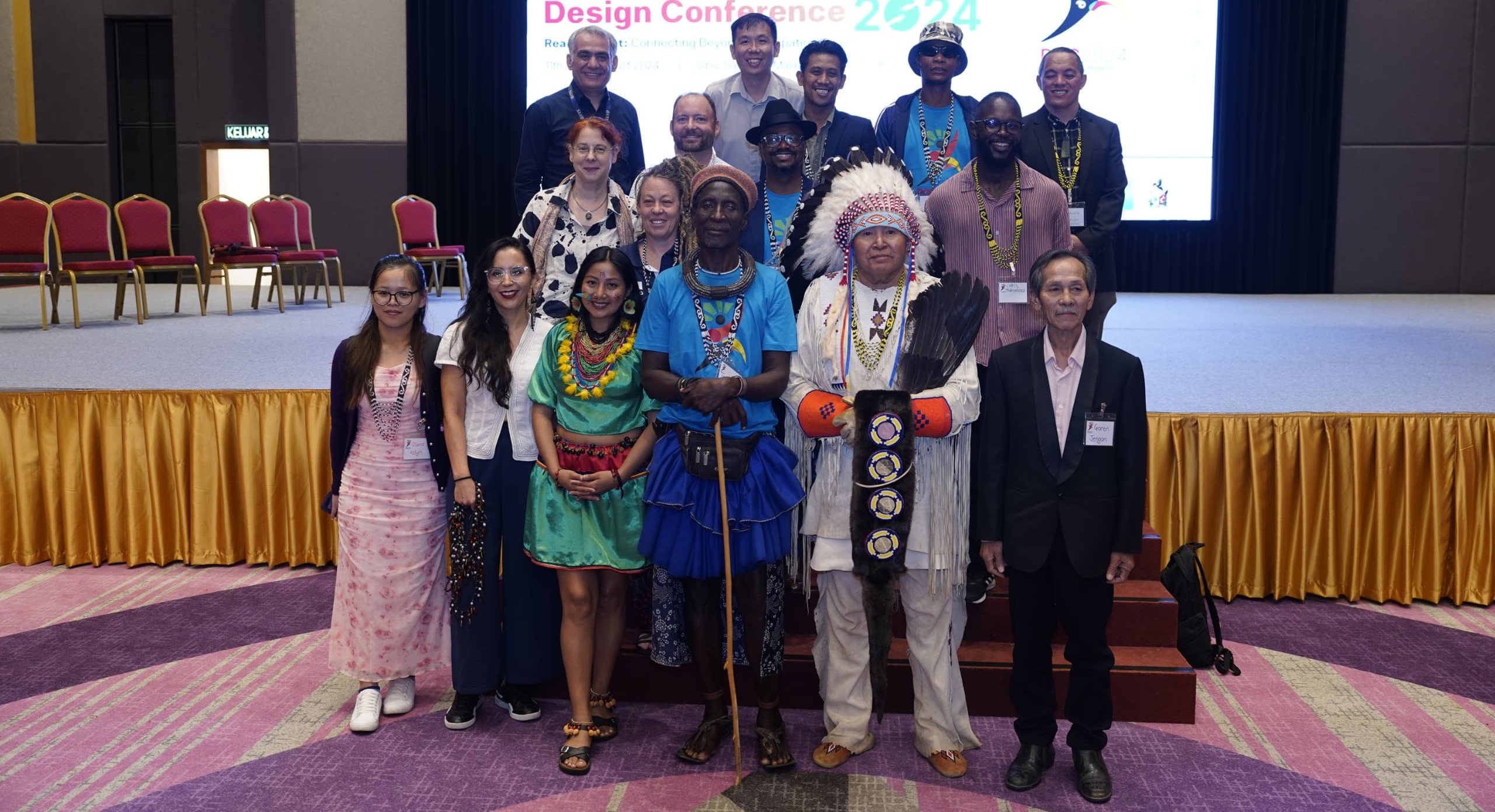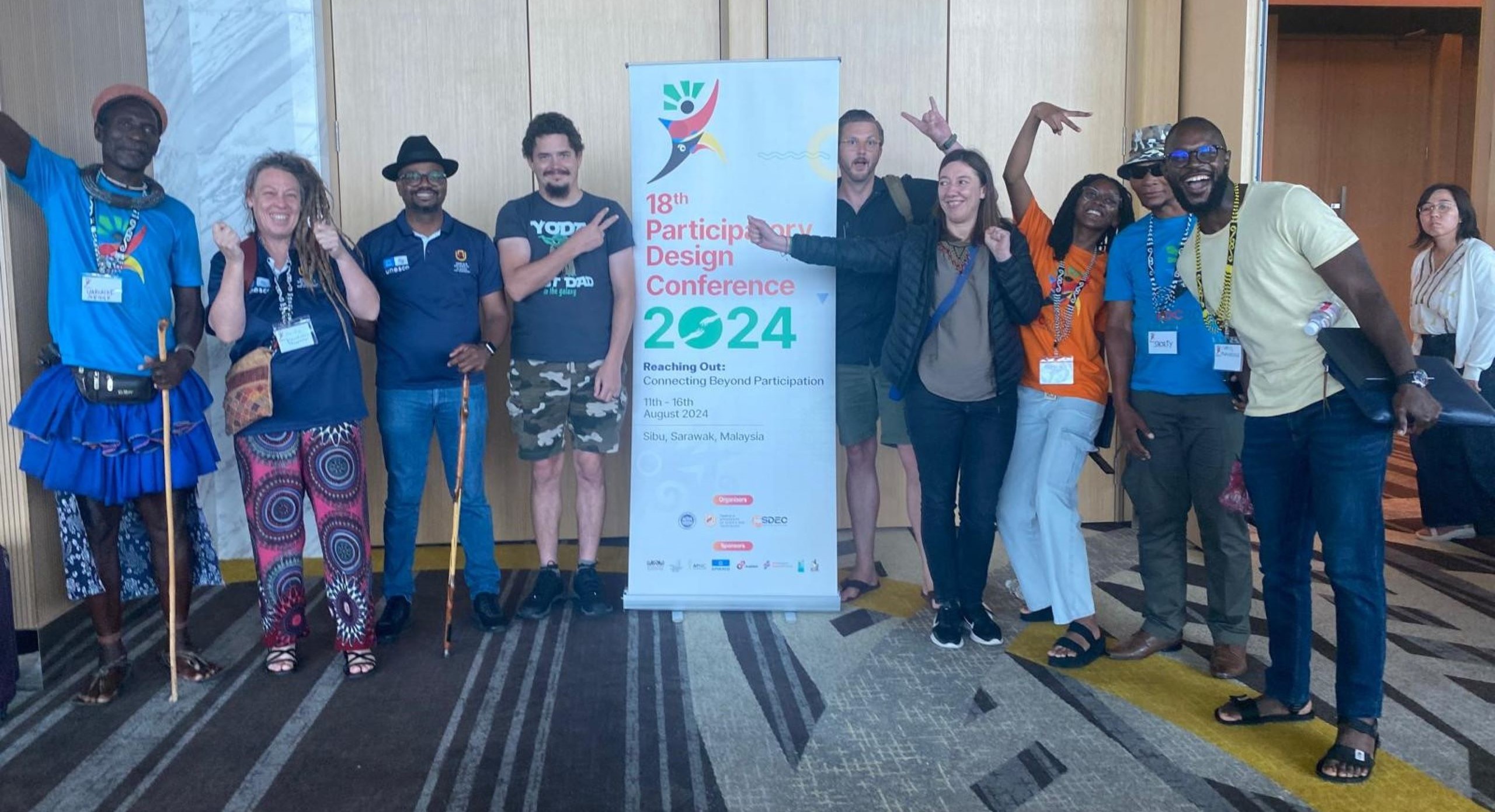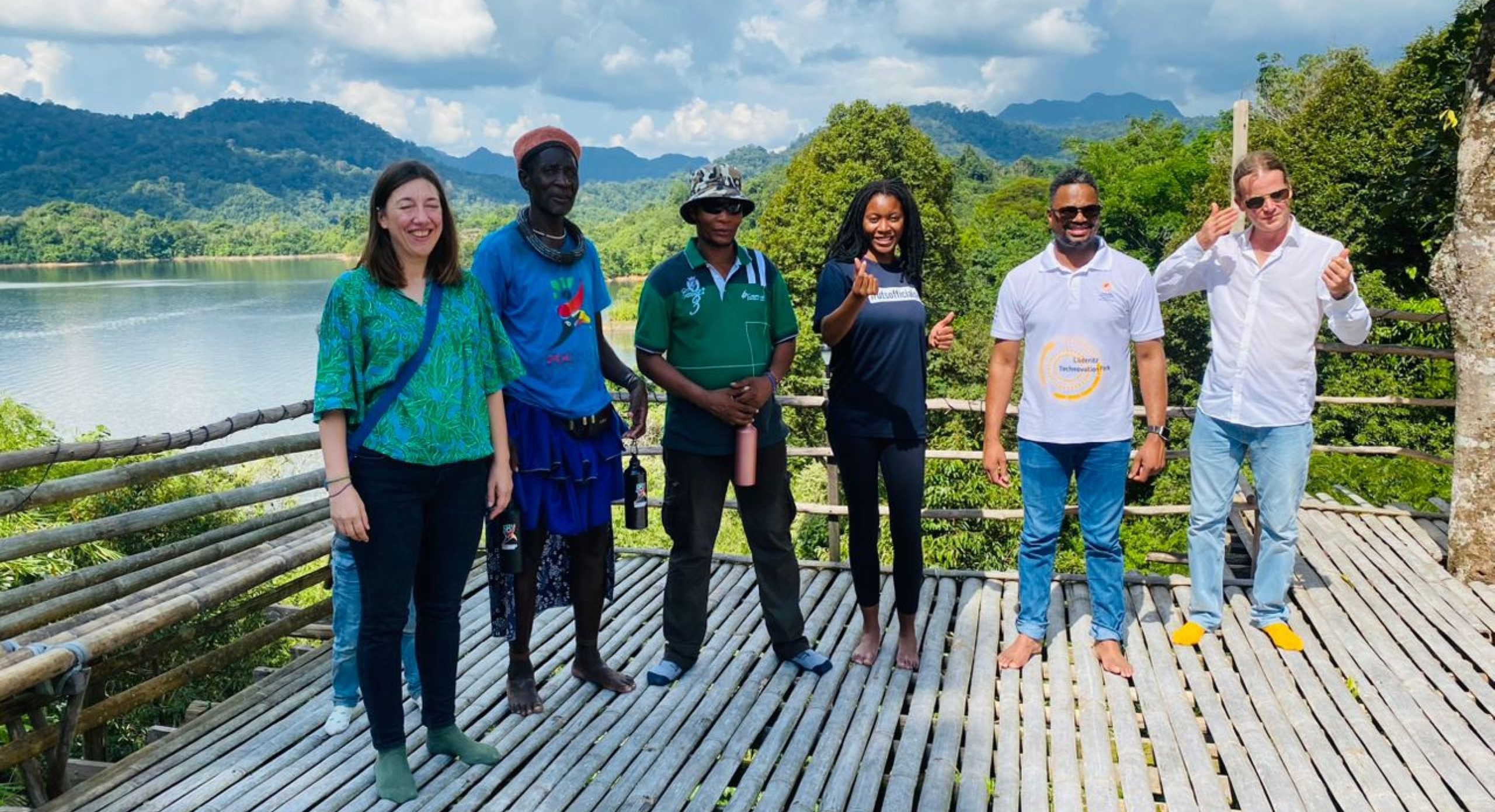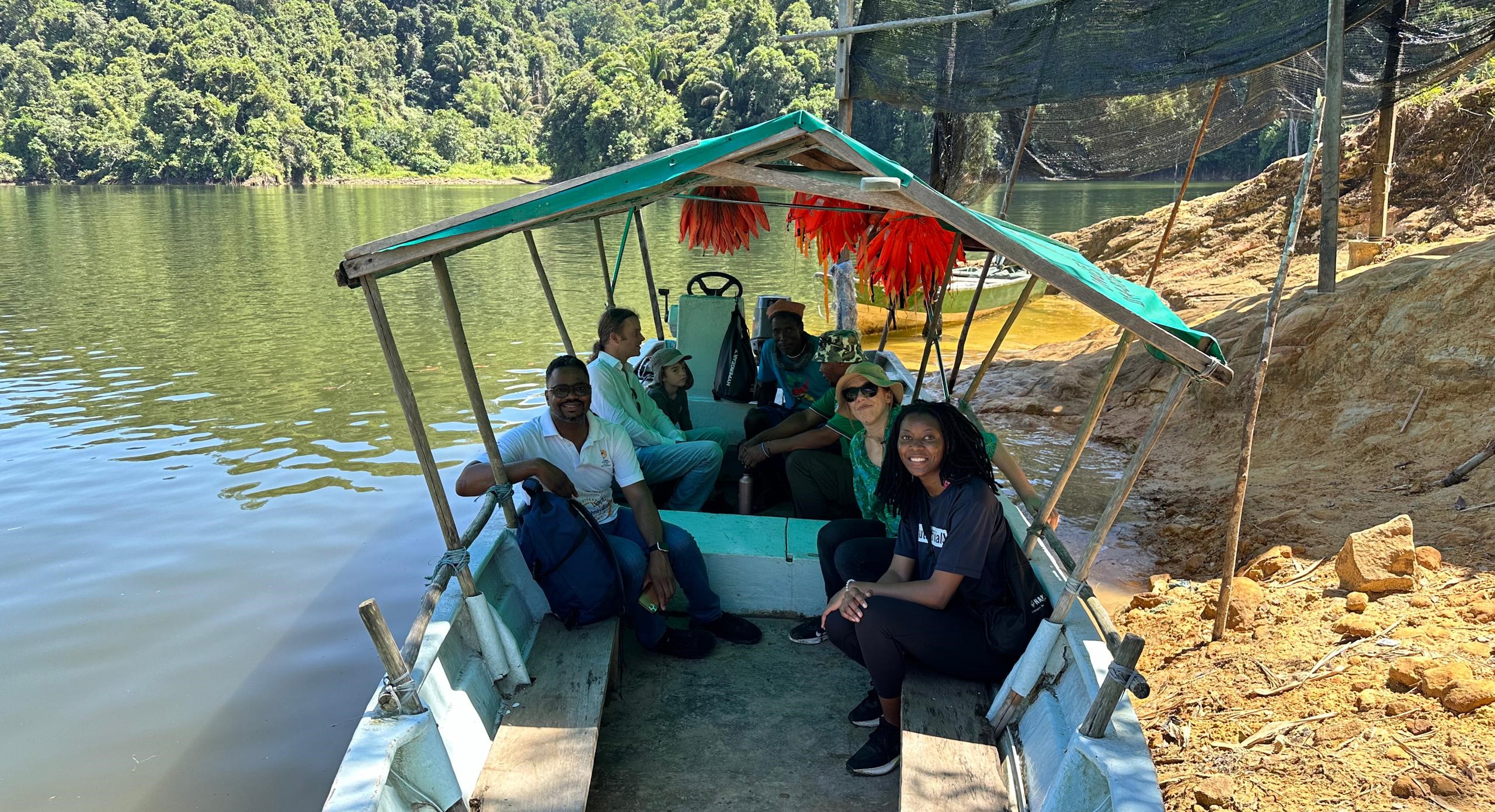Indigenous Community Research Take On Global Stage
The Namibia University of Science and Technology (NUST) and the University of Technology Sarawak (UTS), jointly hosted the 2024 International Participatory Design Conference (PDC), from 11 - 16 August 2024 in Malaysia. The PDC is a platform for international discussion on the collaborative, social, and political dimensions of technology innovation and use. Prof Winschiers-Theophilus, General Co chair PDC 2024 and UNESCO Chairholder on Digital Technology Design with Indigenous People at NUST, emphasises that “In a world where everything and everybody is connected and where local actions and decisions have a global impact, we recognise that Indigenous minorities across continents, now more than ever, are needed to directly contribute to knowledge creation and dissemination informing further actions and decisions aiming for a sustainable, just, fair and inclusive future”. Mr Mbinge and Mr Kandjengo, two Namibian Indigenous community elders who are part of the UNESCO Chair team, attended PDC 2024.
Mr Uariaike Mbinge, an Omuhimba community elder from Otjisa, Kunene, co-chaired the first-ever community track, which attracted Indigenous community members from Namibia, Canada, Ecuador, New Zealand, and Malaysia, all involved in digitalisation projects. Although he only speaks Otjiherero, through translators, Mr Mbinge has co-authored joint research publications and conference presentations in various notable international journals and conferences, on co-designing technologies and the digitalisation of cultural heritage, amongst others. Mr Shorty Kandjengo, the Acting Chief of !Khuisi Traditional Community ofDonkerbos/Sonneblom, Omaheke Region, also presented research findings in three different tracks. Mr Kandjengo has also co-authored publications and has spearheaded community projects and programmes aimed at information dissemination, and has experiencein various participatory projects, ranging from virtual and augmented reality to AI-IOT hydroponics and green energy futures.
The pair expressed gratitude towards UNESCO for funding their flights and MTC for their allowances while abroad, affording them the opportunity to meet Indigenous community members from other parts of the world. Mr Kandjengo stated that “the conference was fantastic as I had an opportunity to come to learn and share my knowledge with other Indigenous communities across the world. What was incredible about the face-to-face contact was that one could feel the emotion in the expression of joyful speeches from different speakers.” Mr Mbinge added that “what was unique about it is the laughter, the sharing of knowledge, the sharing of ideas, the sharing of culture and the getting together with Indigenous people and researchers from other countries. The knowledge exchange was profound “ [translated].
Dr Stanley, Acting Deputy Vice-Chancellor of Research, Innovation, and Partnership, who accompanied Mr Mbinge and Mr Kandjengo and co-chaired the community track, proudly stated that “as academics we not only empower Indigenous communities, but they too empower us as they also have a wealth of knowledge and experience. They have proven to be renowned researchers in their own right, and the time is ripe for the Indigenous people to benefit from their intellectual sovereignty equally”. The digitalisation of Indigenous Knowledge Systems is one of NUST’s niche research areas as the University strives to make impactful contributions towards preserving cultural heritage and the traditional knowledge of local communities.




